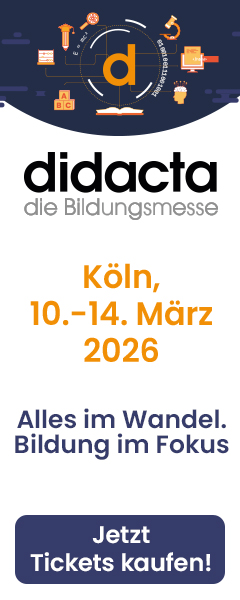Unconscious Bias Training Programmes in Higher Education
London (UK), April 2016 - Marshall, the equality and diversity specialist eLearning consultancy, have launched a new training course that looks at the student context of unconscious bias, available now to universities across the UK.
Developed in collaboration with the University of St Andrews, the course is completed by students and staff to help them understand their unconscious biases. It poses the tough questions about individual self-awareness of bias, the power of prejudice, and what every single person can do to commit to equality, diversity, and inclusion.
David Marshall, Managing Director at Marshall eLearning, said, "This shows an appetite in UK higher education for going beyond general diversity training and learning how to implement diversity training in practical situations, an appetite from people who've completed different diversity training courses to understand how bias might affect them in meetings, talking to students, and dealing with associations."
Marshall eLearning have seen a strong upward trend in unconscious-bias training being commissioned by universities and colleges across the UK, with the difference that these courses are being commissioned from the perspective of students, not just staff.
Sukhi Bains, Head of Equality and Diversity in HR at the University of St Andrews, was one of the first to commission comprehensive unconscious-bias training to be applied across the student population, recruitment staff, and admissions teams.
"The rise of interest in unconscious bias training is down to a fresh approach to tackling inequalities on campus. For example, we've seen that unconscious-bias programmes are moving on from the traditional parts of equality discrimination to really look at the psyche of the person who is making the decisions or contributing towards to decision making. In higher education, this can often mean people working with students or even students themselves, who need to be bias mindful when making impacting decisions."
After eighteen months of running in-person training sessions and the completion of an unconscious-bias eLearning course, Sukhi is expecting a domino effect to ripple through the University's structures through an increased understanding of bias.
This approach is echoed by the one taken by the Student's Union at the University of East Anglia, where the staff - all recent graduates from the university - are taking an unconscious-bias training course.
The Students' Union's Chief Executive, Jim Dickinson, explained why they commissioned an unconscious-bias course that looked at diversity from the student perspective.
"Our research into the diversity of that team revealed some worrying gaps and trends, so we've commissioned an eLearning course to make sure all of our recruiting managers are aware of their prejudices and have strategies in place to overcome their unconscious biases.
"Within the Students' Union we take equality and diversity really seriously, and given that we employ over 400 students a year, it's crucial that they reflect the makeup of our student body."
Marshall eLearning's Unconscious Bias course explains how we can overcome our unconscious bias to improve decision making and professional relationships and to create more open, inclusive, and effective organisations. Using examples and interactive exercises, the course takes a straightforward look at one of the most important current issues in diversity management.










